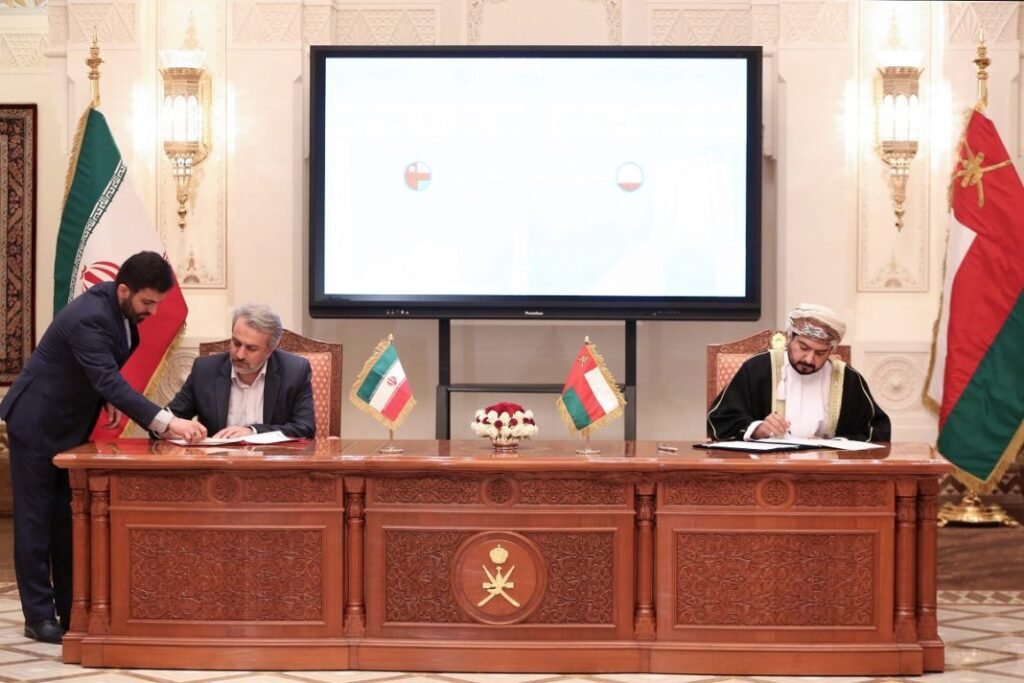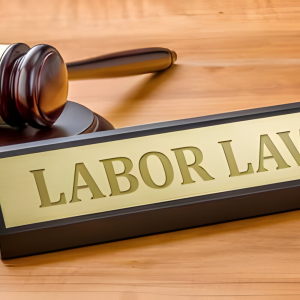Iran and Oman have taken a significant step toward enhancing their bilateral relations with the signing of a Memorandum of Understanding (MOU) focused on preferential trade and customs cooperation. This agreement reflects the mutual commitment of both nations to strengthen economic ties, streamline trade processes, and foster growth in key sectors.
A Milestone in Iran-Oman Relations
The MOU was signed during a high-profile meeting between officials from both countries, showcasing the importance placed on this partnership. The agreement aims to eliminate trade barriers, simplify customs procedures, and create opportunities for businesses in Iran and Oman to expand their operations across borders.
Iran’s Minister of Economic Affairs, along with senior Omani representatives, expressed their optimism about the agreement, emphasizing its potential to boost economic growth and deepen trade relations. Both sides acknowledged the strategic importance of this partnership in addressing regional challenges and unlocking economic opportunities.

Key Highlights of the Agreement
The MOU focuses on several critical areas of trade and customs cooperation:
- Preferential Trade Policies: The agreement introduces reduced tariffs on specific goods, encouraging the flow of products between the two countries. This initiative is expected to boost exports and imports in key industries, including energy, agriculture, and manufacturing.
- Streamlined Customs Procedures: By simplifying customs regulations and improving efficiency, the MOU aims to reduce the time and costs associated with cross-border trade. This step is expected to attract more businesses to engage in bilateral trade.
- Investment Opportunities: The agreement opens new avenues for joint ventures and investments in various sectors, further strengthening the economic partnership between Iran and Oman.
- Technology and Knowledge Exchange: Both nations plan to collaborate on technology sharing and capacity-building programs to enhance the capabilities of their trade and customs systems.
- Strengthening Logistics and Infrastructure: The MOU also highlights the importance of improving transport and logistics networks to facilitate smoother trade flows.
Strategic Importance of the Partnership
Iran and Oman share longstanding ties, rooted in cultural and historical connections. This agreement underscores the strategic alignment of their economic goals and their mutual desire to play a more active role in regional trade networks.

Oman’s strategic location as a gateway to the Gulf and its well-established trade infrastructure make it an ideal partner for Iran, which seeks to diversify its economy and strengthen regional partnerships. Similarly, Iran’s resource-rich economy and manufacturing capabilities provide significant opportunities for Omani businesses.
The preferential trade agreement is expected to position both nations as key players in the Gulf region’s economic landscape, enhancing their competitiveness in global markets.
Boosting Regional Trade
This MOU is not just a bilateral achievement; it carries significant implications for regional trade. By fostering closer economic ties, Iran and Oman are setting an example for other Gulf nations to pursue collaborative efforts that promote mutual growth.
The agreement aligns with broader initiatives in the region to enhance connectivity and reduce trade barriers. It also complements Oman’s efforts to position itself as a global trade hub and Iran’s plans to expand its economic partnerships beyond traditional markets.
Economic Opportunities for Businesses
The MOU opens up numerous opportunities for businesses in both countries:
- Small and Medium Enterprises (SMEs): The reduction in trade barriers and customs fees will benefit SMEs, enabling them to expand their reach across borders.
- Energy Sector: With both nations being major players in the energy market, the agreement could lead to joint ventures and collaborative projects in oil, gas, and renewable energy.
- Tourism: Simplified procedures and enhanced connectivity may boost tourism, encouraging cultural exchange and economic activity.
- Agriculture and Food Security: Both countries can leverage their strengths in agriculture to address food security challenges in the region.
A Foundation for Future Collaboration
The signing of this MOU is just the beginning of a new chapter in Iran-Oman relations. Both nations have expressed their commitment to building on this agreement to explore additional areas of cooperation, including technology, healthcare, education, and environmental sustainability.
Global and Regional Implications
The Iran-Oman agreement comes at a time when global and regional dynamics are rapidly changing. By strengthening their economic partnership, both nations are positioning themselves as key players in shaping the future of trade and development in the Gulf region.
This MOU also sends a strong message about the importance of diplomacy and economic collaboration in addressing shared challenges and building a more resilient and prosperous future.
A Vision for Growth and Prosperity
As Iran and Oman move forward with implementing the provisions of the MOU, their partnership is expected to yield tangible benefits for both nations. This agreement reflects their shared vision of fostering economic growth, enhancing regional stability, and contributing to the prosperity of their people.
Through continued collaboration and a focus on mutual benefits, Iran and Oman are setting a precedent for how strategic partnerships can drive meaningful progress in today’s interconnected world.
Do follow Uae stories for more Updates
Solar Energy Becomes the Fastest-Growing Power Source in the EU in 2024












